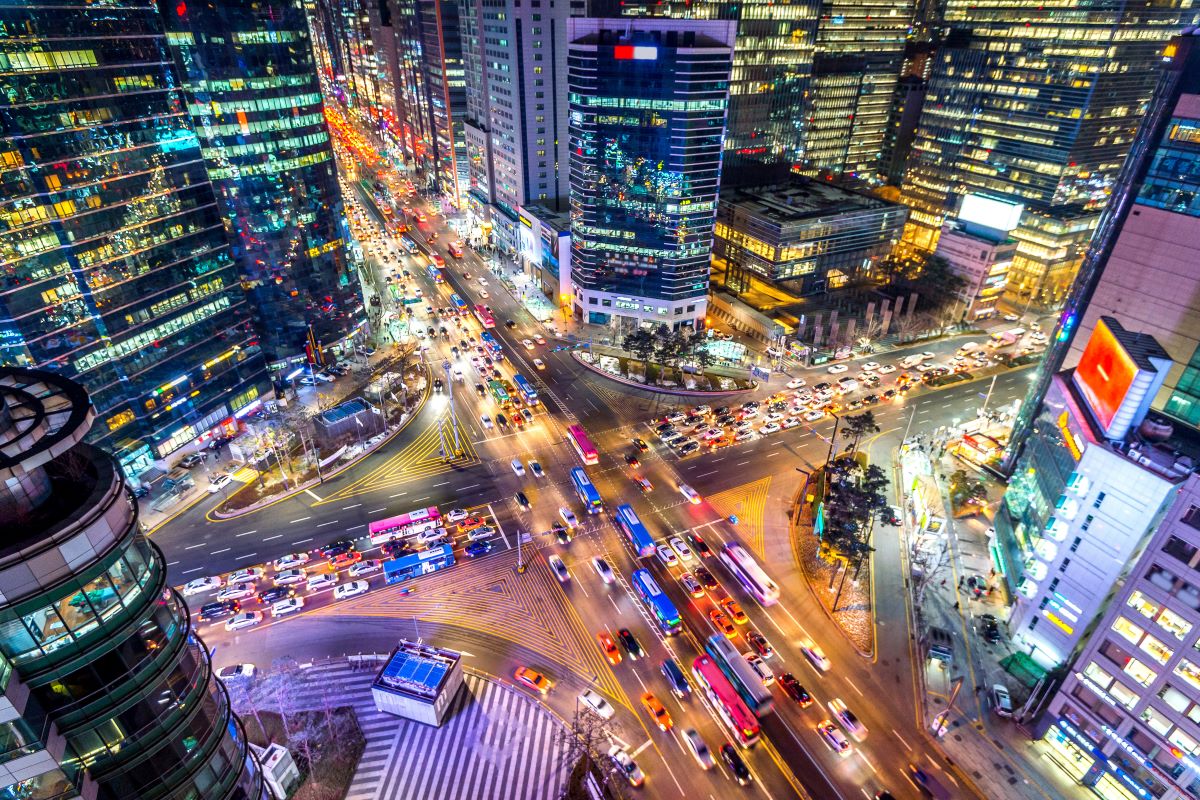Investors around the world are anticipating a recession in the US and Europe as steep interest rate hikes have hit economic growth. The slowdown has been impacting Asian countries, and Asia inflation is a major concern for investors, but the region has fared much better compared to the west.
Asian economies have largely been shielded from very high inflation, allowing central banks to patiently make tweaks to the monetary policy. But the inflation in Asia is different compared to that seen in the US and Europe.
“Zero-Covid policies, efficient tracing, and rapid initial lockdowns have allowed the APAC region to avoid significant economic disruption caused by high infection rates,” writes Aidan Shevlin, Head of Asian Liquidity Fund Management, JPMorgan AM. “Consumption patterns have remained broadly unchanged, mitigating the impact of higher prices for consumer durables. While strong exports have supported APAC currency strength, limiting the impact of imported inflation.”
The current state of Asia inflation
Back in August, Morgan Stanley had said that Asia inflation had peaked compared to the US and Europe. It seems the US investment bank may have been right as inflation seems to be stabilising in Asia.
China’s annual inflation came at 1.6% in November 2022, compared to 2.1% the month before. This was the lowest inflation in the country since March 2022. China has consistently kept its key lending rate unchanged to ensure liquidity in the economy. In fact, China cut its key lending rate in August to support growth.
However, China now must worry about a fresh wave of Covid-19 infections, especially since the country reopened and eased restrictions after citizens protested.
In India, the November 2022 wholesale inflation came at a 21-month low of 5.85%, compared to 8.39% in September. The Reserve Bank of India hiked the repo rate for the fifth time in December this year to 6.25%. RBI has an inflation target of 4% and has already cut down the size of interest rate hikes.
In Southeast Asia, Singapore’s November core inflation was 5.1%, the same in October, and down from September’s 3.5%.
Thailand’s inflation for the same month was 5.5%, down from October’s 6%, but the Bank of Thailand raised its policy rate to 1.25% at the end of November. The central bank was one of the last Asian economies to tighten its monetary policy in response to inflation.
Indonesia, Southeast Asia’s largest economy, saw inflation easing to 5.42% in November, down from 5.71% in October. Bank Indonesia’s inflation target range is 2% to 4%, and the central bank recently raised its benchmark interest rate to 5.5%, its highest level since August 2019.
Malaysia’s consumer price index (CPI) rose 4% in November compared to the previous year, remaining steady compared to October. The country’s central bank had raised the key policy rate to 2.75% in its fourth such hike in November.
Elsewhere, South Korea’s November inflation slowed to 5%, the lowest in seven months. The inflation rate in the country has been falling since hitting a 24-year high of 6.3% in July.
Most intriguing of all, Japan saw its inflation rates rise to 3.7%, a 40-year high. Suffering from decades of deflation, the figure prompted the Bank of Japan to adjust its yield control policy for 10-year government bonds.
“Expectations that current inflationary pressures will become more permanent, suggests the era of record low-interest rates is ending. However, more muted regional inflation relative to developed markets, together with unique local factors which could mitigate any upward price spikes, suggest little urgency for regional central banks to aggressively hike base rates,” writes JPMorgan AM.


 Australia
Australia China
China India
India Indonesia
Indonesia Japan
Japan Malaysia
Malaysia Philippines
Philippines Singapore
Singapore South Korea
South Korea Taiwan
Taiwan Thailand
Thailand Vietnam
Vietnam







